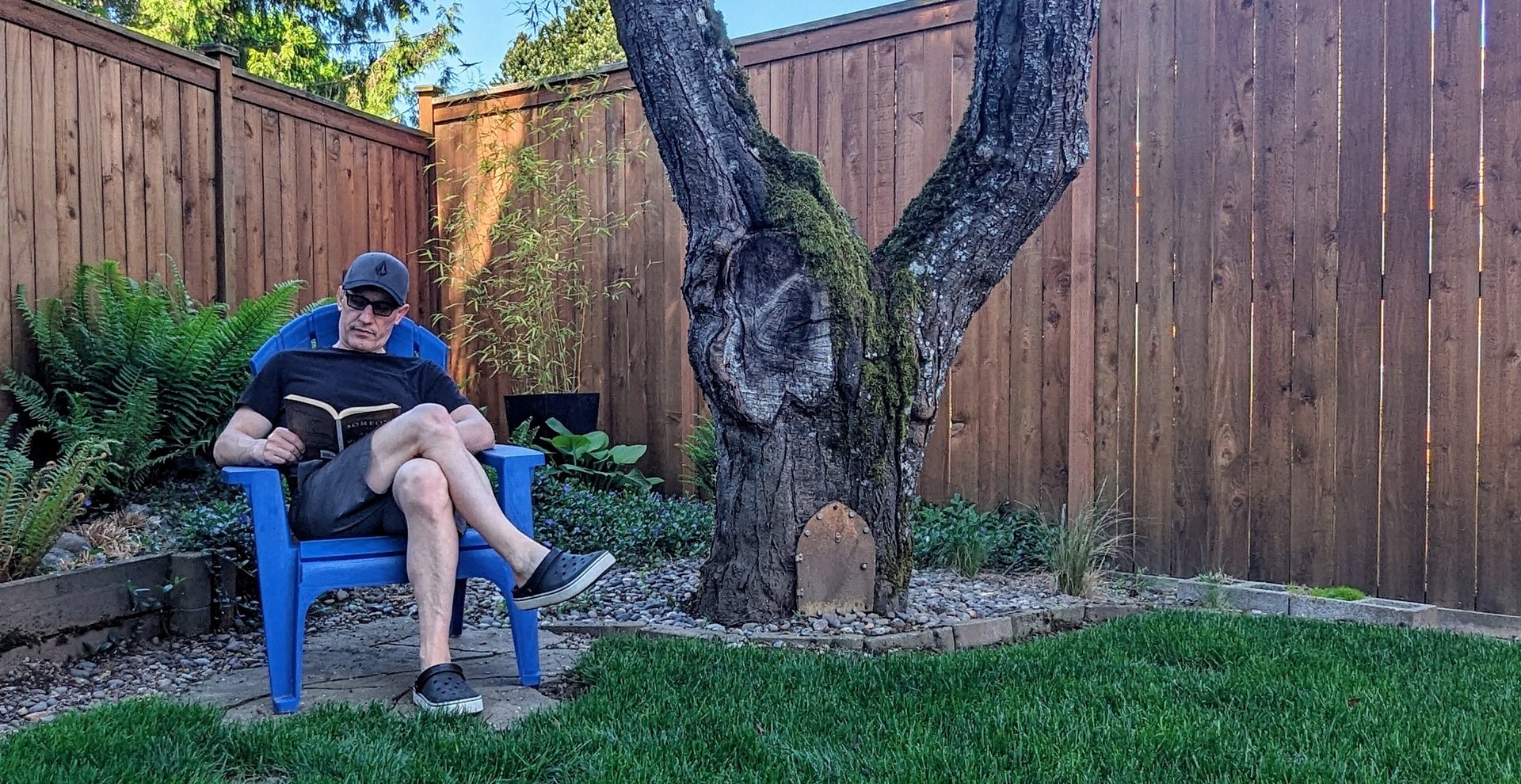
Current & Upcoming Titles
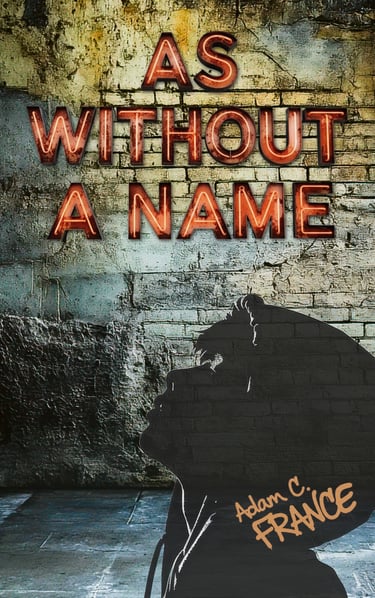

First Novel
He walks in the hush of shadows, a soul unnamed, reaching wordlessly for someone—anyone—to see him, until a single voice speaks his name. Witness the powerful effects of being seen, and follow his path as he begins to shape a life of his own.
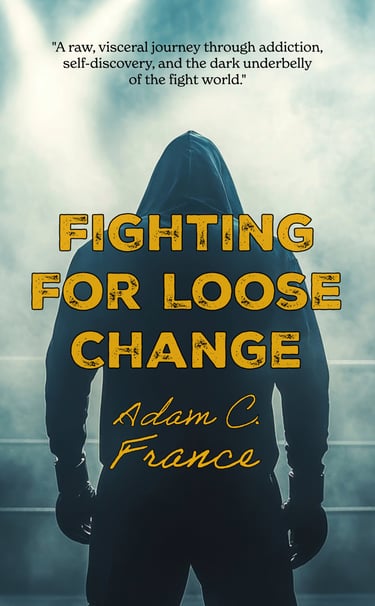

Published November, 2024
He was driven, disciplined, unstoppable, until his best friend moves away, and one reckless choice leads to addiction and theunderbelly of the fight world. Experience the struggle to reclaim a soul on the brink.
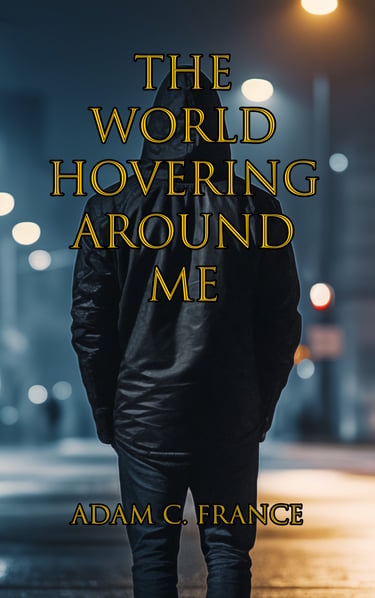

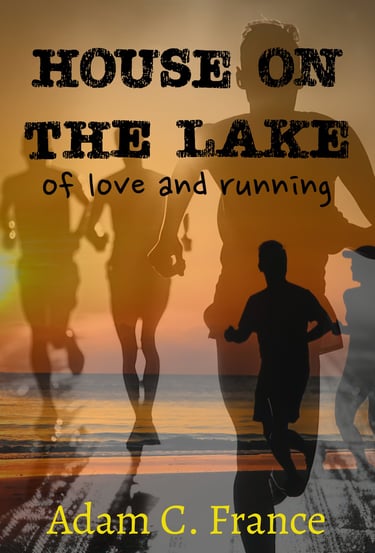

Published August, 2024
After coming out as gay, a teenage boy is disowned by his parents and forced to survive on the streets alone. Follow his journey from abandonment to resilience, as he finds love, confronts his past, and discovers a purpose greater than himself.
Set against the backdrop of a budding romance and social challenges, follow the story of a young man as he discovers his passion for running while pursuing a love that defies racial boundaries.
→
→
→
Published January, 2026
Published in June, 2024
Audiobook Now Available
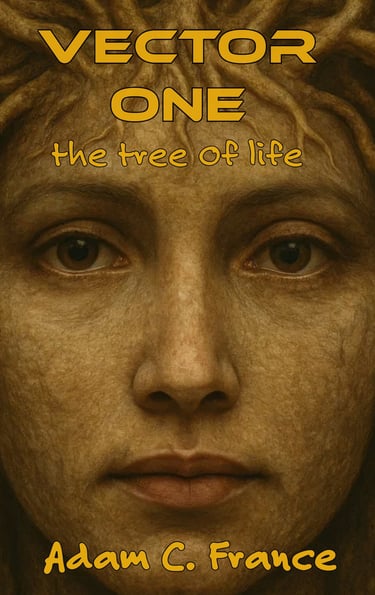

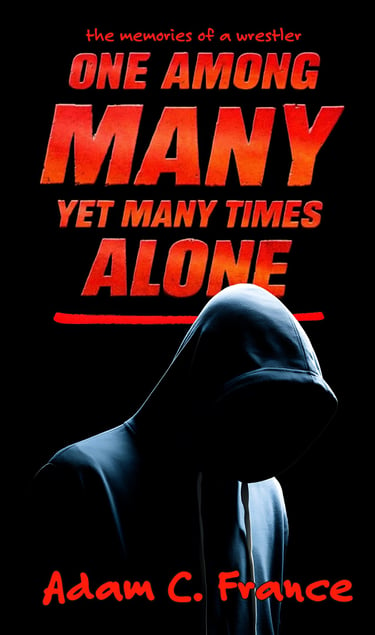

Change the names and places, and the anecdotes I share will probably ring true to many who have toiled in dark rooms across the country with dreams of greatness. I am just one person who has traversed the ups and downs of the wrestler's life.
The memories of a wrestler...
When the protagonist is ripped from their reality and thrust into Vector One, a parallel dimension where human life began, they discover they are the “biological reset” the planet needs, a perfect balance between male and female DNA. But it’s not that simple.
Coming Summer 2026
Work In Progress
My literary journey...
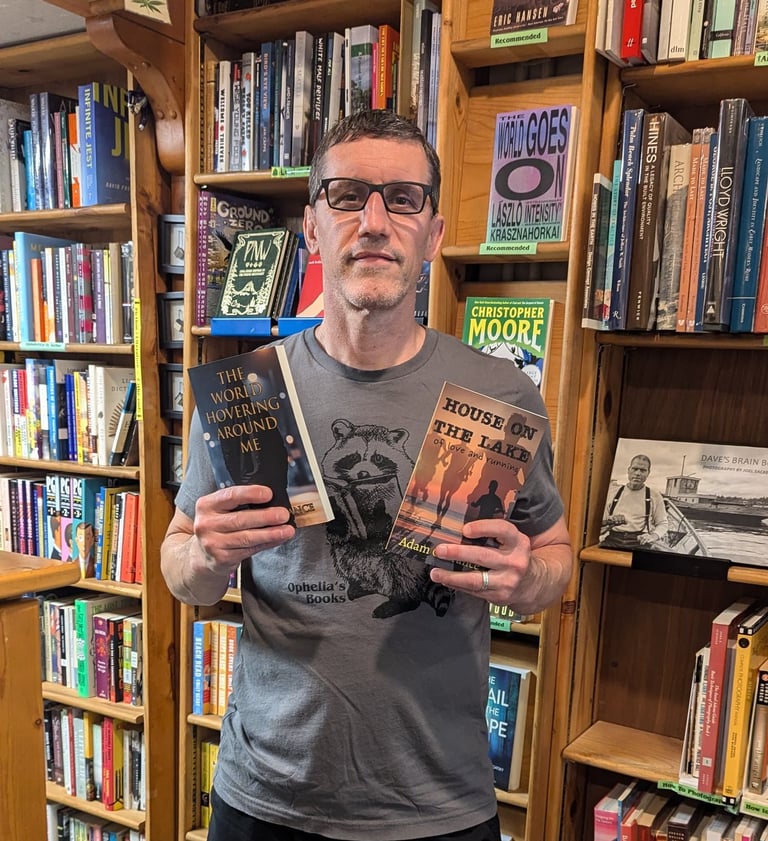

Why Literary Fiction...
My journey with the written word began with a challenge most didn't see. As a child, I struggled to read, only to discover in third grade that my eye muscles weren't strong enough to capture every letter on the page. Intensive eye therapy followed, opening up a world that had previously been blurred and out of reach.
But I still struggled, and struggled much of my life as a slow reader. This didn't deter me, though. Instead, it fueled a lifelong passion. I have spent the last 26 years as a teacher of literature and writing, and I am currently at work on my fifth novel.
While I have been writing for most of my life, my path toward professional publishing began in 2018. Encouraged by friends and family, I dove headfirst into the industry, learning the nuances of the craft and the complexities of the market. This process has taught me more than I ever imagined, not just about books, but about myself. I would love to share that knowledge with you. Whether you have questions about the writing process, the road to publishing, or my personal journey, please feel free to connect with me via email or Facebook.
Because characters are the way to a reader's heart, and I have fallen in love with creating characters who transcend the page, who reach out and grab readers by the hand, taking them along for the ride. With each story, I become a scribe, walking with my characters, transcribing their experiences and sharing them with my audience.
Adam C. France
As a creative writing teacher, my main goal is to help students deconstruct the writing process--to break free from the structures that society works so hard to ingrain in our heads--this is how it is done--follow these rules and you can be a good writer too. During this process, there are two things we work on. First, trusting what you have to say--trusting that the voice in your head and the emotions you have coursing through your body are worthy of the written word, whether you share it or keep it for yourself. Second, if you like to write, if you take the time to write, at any level--journaling, blogging, poetry, stories, no matter how rudimentary or polished--know that you are a writer. You do not have to be published. You do not have to be the best in the world or even the best in the room. If you write, you are a writer.
My desire for my students, once they step out of my classroom, is that they have found their voice. That voice may change over time, but they have a starting point, a place to continue creating with confidence.
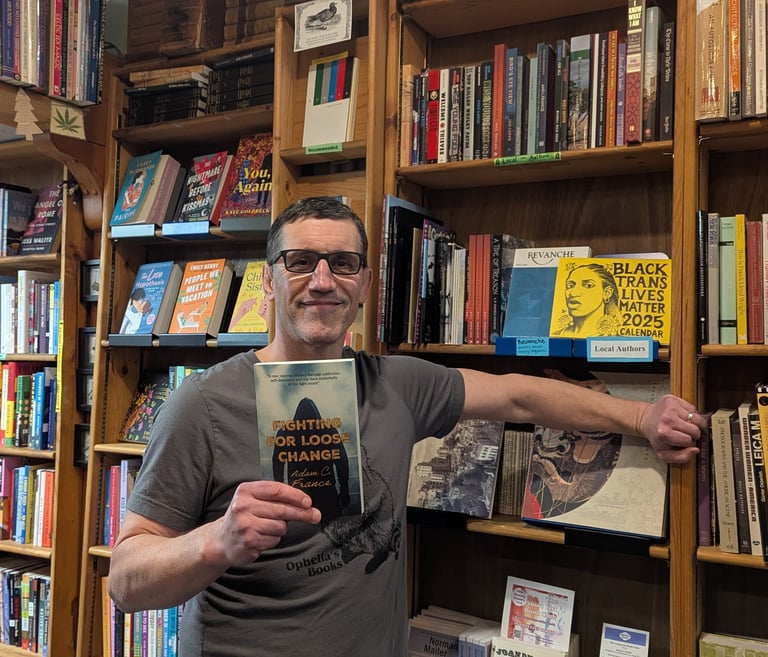

4 Novels
26 years
Educator of Readers & Writers
Author of Literary Fiction
The Educator
Contact Adam C. France
Reach out for inquiries about my novels or collaborations. I'm eager to connect with fellow writers and readers.
adam@adamcfrance.com
facebook.com/adamcfrance
